top of page
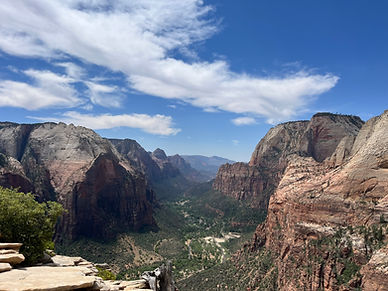
Education
My educational history, honors/awards, coursework, and academic involvement
Recognitions and Honors
Recognitions and Honors
2025 - 2027
Degree (In Progress):
Master of Science in Geology
Coursework (IP = In Progress):
-
Advanced Topics in Sedimentary Geology (IP)
-
Advanced Topics in Structural Geology
-
Petroleum Geology (IP)
-
Introduction to Rock Mechanics
-
Plate Tectonics (IP)
-
Data Analysis in the Geosciences
Involvement:
Geovation (Geology + Innovation) Hub Team
Imperial Barrel Award (IBA) Competition Team
GeoAmbassadors
Geology Club
Graduate Student Association
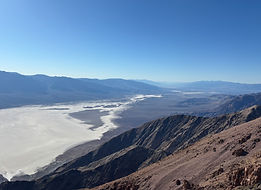
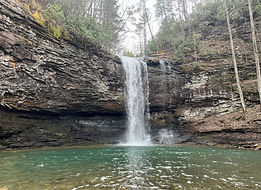

Special Distinctions:
Recipient of Chevron Graduate Research Assistantship
2021 - 2025
Degrees (Completed):
Bachelor of Science in Geology
Bachelor of Arts in Astronomy
Minor in Geography
Coursework:
-
Environmental & Engineering Geology
-
Historical Geology
-
Principles of Mineralogy
-
Igneous & Metamorphic Petrology
-
Structural Geology & Tectonics
-
Geophysics
-
Sedimentary Geology
-
Geomorphology
-
Geological Field Methods
-
Field Studies
-
Topics in Planetary Science
Coursework:
-
Astronomy & Astrophysics 1-2
-
Techniques of Observational Astronomy 1
-
Astrobiology
-
Exoplanets
-
Analytical Geometry & Calculus 1-3
-
Physics w/ Calculus 1-2
-
Elementary Differential Equations
Coursework:
-
Physical Geography
-
Climatology
-
Weather & Forecasting
-
Radar & Satellite Meteorology
Other
Coursework:
-
Computer Aided Graphics & Design
-
Artificial Intelligence Fundamentals
Involvement:
Post-Baccalaureate Teaching Assistant
GeoSPACE Field Program (Summer 2025)
Undergraduate Teaching Assistant
Geology of Florida Course (Spring 2025)
Peer Tutor
Structural Geology & Tectonics Course (Spring 2025)
GeoClub
Vice President (2024 - 2025)
Gator Astrobiology
Treasurer (2024 - 2025)
Astraeus Student Organization
Club Coordinator (2024 - 2025)
Special Distinctions:
Student Travel Grant Recipient
Florida Space Grant Consortium
University Scholars Program
UF Center for Undergraduate Research
Emerging Scholars Program
UF Center for Undergraduate Research
Florida Academic Scholars
Bright Futures Scholarship Program
CLAS Dean's List

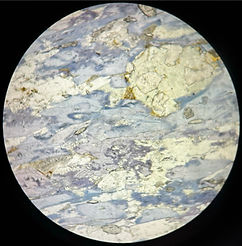

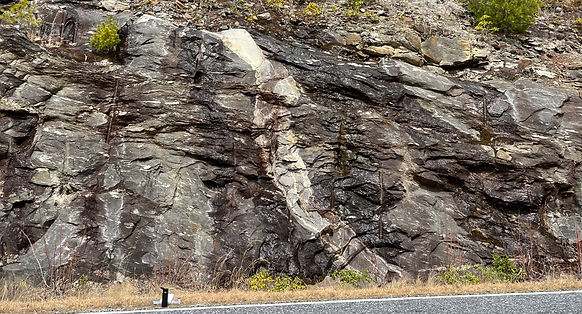

bottom of page